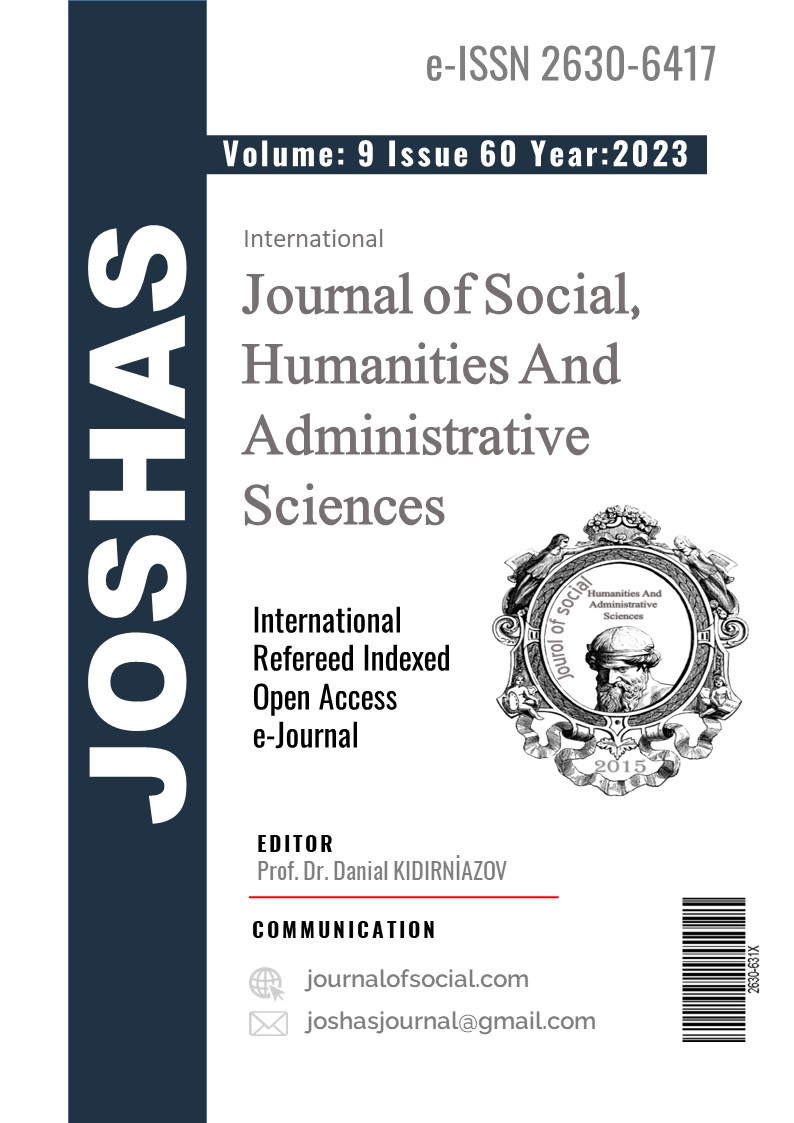Author :
Abstract
Teknolojinin gelişmesiyle birlikte artan rekabet ortamı nedeniyle işletmeler pazarlama alanında değişikliklere gitmeye başlamıştır. Bunun temel nedeni mobil ve sosyal pazarlamanın artması, internet kullanımı ve sosyal medya aracılığıyla alışverişlerin tüketiciler tarafından yaygın kullanılmaya başlamasıdır. Bu teknolojik gelişmeler sayesinde tüketiciler ürünlere daha kolay ulaşabilir hale gelmiştir. Hem zamandan hem de ürün maliyetleri açısından avantajlar sağlayan bu teknolojik imkanlar tüketiciler tarafından yaygın olarak kullanılmaya başlanmıştır. Y ve Z kuşağı denilen teknolojik gelişmelere hızlı tepki veren ve teknolojinin getirdiği imkanları sonuna kadar kullanan bu nesille beraber sosyal medya, mobil pazarlama ve viral pazarlama faktörleri gelişmeye başlamıştır. Yapılan bu araştırmada sosyal medyanın tüketicilerin satın alma davranışına etkisi incelenmiştir. Y ve Z kuşağı üzerine bir çalışma gerçekleştirilmiştir. Bu kuşakların sosyal medya kullanım seviyeleri ve tercihlerinin göstermiş olduğu davranışsal boyutların incelenmesi amaçlanmıştır. Bu amaçlar doğrultusunda Y ve Z kuşaklarının sosyal medya kullanım seviyeleri devamlılık ve yetkinlik boyutları farklı değişkenler ele alınarak incelenmiştir. Araştırma genel tarama modeline uygun olarak 250 kişi ile yürütülmüştür. Araştırma sonucunda; Demografik verilere göre sosyal medya kullanımı ve satın alma öncesi-sonrası tüketici davranışlarında farklılık durumu araştırılmıştır. Cinsiyete, yaşa, eğitim düzeyine, gelir düzeyine ve özellikle de kuşaklar arasında anlamlı farklılıklar tespit edilmiştir. Sosyal medyada satın alma öncesi tüketici davranışları ve sosyal medyada satın alma sorası tüketici davranışları ölçeğine ait ifadelerin ortalama puan ve standart sapmaları değerlendirildiğinde olumlu ve olumsuz değerlerin analiz edildiği makale çalışmamızın bilime pozitif anlamda katkı sağlaması amaçlanmıştır.
Keywords
Abstract
Due to the increasing competitive environment with the development of technology, businesses have started to make changes in the field of marketing. The main reason for this is the increase in mobile and social marketing, the increase in internet usage and the widespread use of shopping via social media by consumers. Thanks to these technological developments, consumers have become more accessible to products. These technological opportunities, which provide advantages in terms of both time and product cost, are widely used by consumers. Social media, mobile marketing and viral marketing factors have started to develop with this generation, which is called the Y and Z generation, which reacts quickly to technological developments and uses the opportunities brought by technology to the fullest. In this study, the effect of social media on consumers' purchasing behavior was examined. A study was conducted on the Y and Z generation. It is aimed to examine the behavioral dimensions of social media usage levels and preferences of these generations. For these purposes, social media usage levels of Y and Z generations were examined by considering the continuity and adequacy dimensions of different variables. The research was carried out with 250 people in accordance with the general screening model. As a result of the research; According to demographic data, the difference between pre- and post-purchase social media use and consumer behavior was investigated. Significant differences were found between gender, age, education level, income level and especially between generations. When the mean scores and standard deviations of pre-purchase consumer behavior expressions in social media and post-purchase consumer behavior scale expressions in social media are evaluated, it is aimed that our article study, in which positive and negative values are analyzed, will contribute positively to the sector science.
